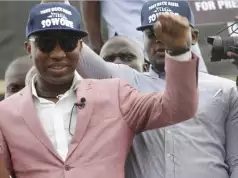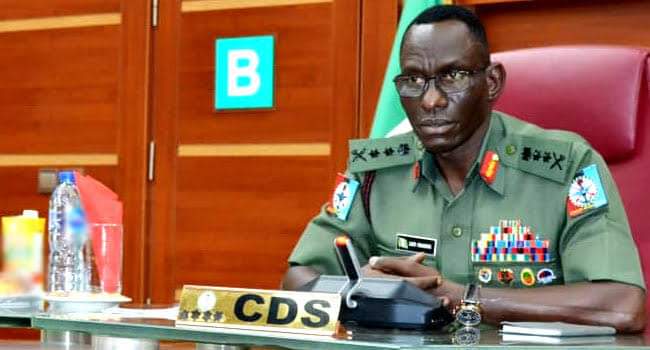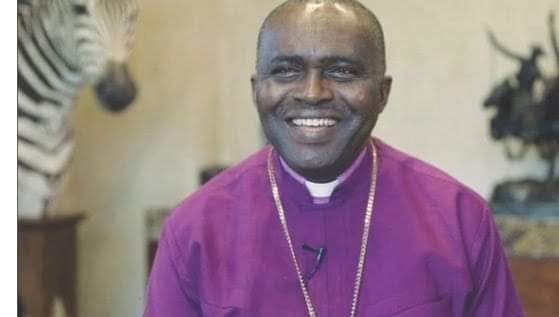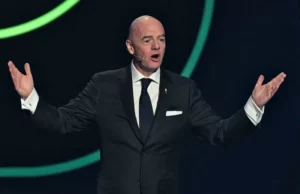
Sri Lanka President, Gotabaya Rajapaksa, resigned on Thursday following months of mass protests in the island country.
Mr Rajapaksa, who was expected to resign on Wednesday, had fled the country first to the Maldives and then to Singapore from where he sent his resignation letter via email to the parliament’s speaker.
According to BBC, the speaker will complete legal processes and announce the resignation officially on Friday.
Mr Rajapaksa fled the country before resigning, allegedly over fears that he might be arrested.
“He has not asked for asylum and neither has he been granted any asylum. Singapore generally does not grant requests for asylum,” BBC quoted Singapore’s foreign ministry as saying when they confirmed the president’s arrival.
A BBC footage from Colombo, the country’s capital, showed protesters celebrating Mr Rajapaksa’s resignation.
Sri Lanka’s Prime Minister, Ranil Wickremesinghe, who was on Wednesday appointed acting president, will now be sworn in as interim president.
Mr Wickremesinghe Wednesday declared a nationwide state of emergency and imposed a curfew in certain parts of the country.
The prime minister had also said he would leave office when a new government is in place. No date has been fixed for his resignation.
Lawmakers say they will elect a new president by July 20.
The 22 million Sri Lankans have been suffering a horrifying financial turmoil with severe shortages of fuel, medicine, food, and other essentials amid record-high inflation and a devaluation of the country’s currency. A severe lack of foreign exchange has stalled imports.
The acute shortage of fuel has crippled transportation systems in the country and stopped children from going to school among others.
The same economic crisis and protests led to the resignations of Basil Rajapaksa, a brother to Sri Lanka’s outgoing president and the country’s former finance minister, from parliament in June and their older brother Mahinda Rajapaksa, as prime minister, in May.
Sri Lanka is nearly bankrupt and has suspended repayment of its foreign loans with foreign reserves near empty. It announced in April that it was suspending repayment of foreign loans due to a foreign currency shortage.
Its total foreign debt amounts to $51 billion. Out of this, it must repay $28 billion by the end of 2027.
Headline inflation in Sri Lanka hit 54.6 per cent last month, and the central bank has warned that it could rise to 70 per cent in the coming months as the country is relying on aid from India and other nations.
Party leaders are in discussions with the International Monetary Fund (IMF) for a three billion-dollar bailout. Government must raise interest rates and taxes as a condition for the loan.
However, World Bank has agreed to give the financially distraught country a $600 million loan.









